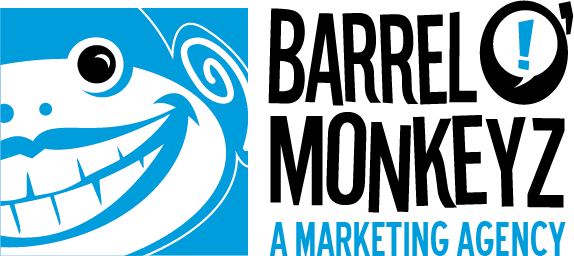There’s a common saying that timing is everything. I tend to agree. After all, who am I to argue with a sage pop philosopher like Alanis Morissette who wrote about the irony of bad timing in her iconic hit “Ironic” in 1995. In it, she sings that “an old man turned ninety-eight. He won the lottery and died the next day,” and about someone receiving “a death row pardon two minutes too late,” and about encountering “traffic jams when you’re already late.”
While Morissette deemed each of these scenarios “ironic,” I think they’re more about bad timing more than anything else.
- Put your foot on the brake a second too late and you run a red light or (worse) you T-bone a car crossing in your path.
- Walk a little slower than usual on the sidewalk home from work, and maybe you bump into a 6-foot 8-inch, muscle-bound guy proclaiming “the end times are upon us” rather than meeting the girl of your dreams.
- Buy when stocks decide to soar, or sell when they decide to tumble—and chances are you’ll be out lots of money.
Timing is More than Dumb Luck
In my experience, timing is everything . . . and everything is planning. Sure, luck sometimes plays a role, but without planning you’re just moving through life at the mercy of day-to-day happenstance.
Few investors make it big on the stock market by closing their eyes and tossing a dart at the big board. Unless your Martha Stewart, circa 2001-2002 and privy to insider information, investors study, they plan, they listen, they read, they ruminate, and then they study some more before pulling the trigger on either a purchase or sell-off.
Likewise, few entrepreneurs, executives, or business owners simply “luck” into business or career success, which typically boils down to the timing of key decisions on marketing, product development, and key hires.
Put Processes in Place to Affect the Timing of Key Decisions
- Planning drives the process of decision making which is at the heart of timing. Without planning you won’t know where to turn . . . or when. You might get by with luck and seat-of-your pants decision-making for a while, but a good planning process is what’s at the heart of every successful business.
- Anticipation is the ability to put your business experience, acumen, and knowledge together to anticipate what comes next, or what should come next, so you can choose accordingly. Some people call it intuition or “gut,” but I think what they’re really describing is They just don’t recognize it as a tangible manifestation of their being able to shine the flashlight ahead on an opportunity and understand the possibilities.
- Networking is a critical component of timing. What better way to get the pulse of what’s going on in your business or your industry than to connect with individuals in the same boat as you are. Think about it. Much of what you’re encountering or are likely to encounter, they’ve probably already experienced. Networking connections are a virtual treasure trove of information and life experiences you can adapt to your own situation to aid decision making.
- Experience is the greatest teacher of all. If you’ve been there, done that, you’re better able to anticipate certain outcomes and make the proper decisions on what to do and when. You’ll also know that if you keep doing the same things over and over, you can expect the same results, good or bad.
- In the absence of real-life experience, intelligence gathering is a close second. Sure, book learning is no substitute for experience, but experience doesn’t tell you everything. Intelligence can reveal the numbers behind your target audience, your sales, and your bottom line. And a little knowledge can go a long way toward helping you make the right decisions at the right time.
Of course, when all else fails, luck can be your best friend. Naturally, I’m talking about good luck, but that’s not something you can depend on—and it’s certainly not a sound footing upon which to build your business or a sound model for decision making. Fortunes have been won and lost on the basis of luck, and I’m not willing to put all of my bananas in the luck basket and hope for the best. I’m too proactive for that, and too grounded in the fundamentals that good planning leads to good decision making.
What say you? How do you make decisions in your business? What affects the timing of those decisions?
Share your experiences here. There’s no time (or place) like the present.
Paul June is King Monkey of BARREL O’MONKEYZ, a San Diego-based strategic marketing agency specializing in Sports and Active Lifestyle markets. We serve as a seasoned, outsourced marketing team for companies looking to ramp up sales and launch new products. Our barrel is full of talent and creative arms ready to prove we don’t just monkey around!

